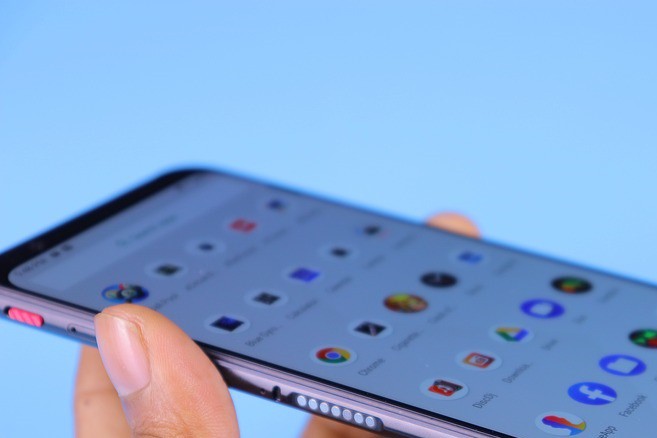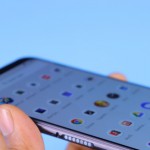During its peak, a BlackBerry given by the employer to an employee serves as an original status symbol; to show the wealth, career progression, and self-importance of an individual. It was a sign of validation that you were essential at your workplace. As a student, I could not care less but noticed that those with access were flaunting about it on social media. They would share Blackberry PIN to communicate with each other and I, on the other hand, obviously relied on text messaging service that cost me one cent per short message service (SMS). After all, corporate communications were made cool and easy. But personally, I was attracted to the charm of the physical QWERT keyboard by BlackBerry. Thus, I had a dream of owning it after years of using Nokia. Revisiting good-old days, I had Nokia E6 that resembles BlackBerry. How ironic.
As Heraclitus said, the only constant in life is change. I am now working in the education sector, dealing with day-to-day corporate email, but I no longer craved for BlackBerry and Nokia was just history. In other words, I have lost interest over these brands. A few years back, I started to develop an interest in Android-based devices and now, iOS operating system is my preference. These situations imply that consumer preference change over time dynamically. Technology is changing how we live including what we choose to purchase. Even though Nokia was the first to create a cellular network in the world and BlackBerry was the pioneer for enabling email services to handheld devices – the market is never stagnant – as technology progress, customer demands for a greater experience of buying. Therefore, businesses may realize that change is inevitable, but can they answer, which change requires adaptation?
Stephen Hawking, an English theoretical physicist, cosmologist, and author who, at the time of his death, was a Director of Research at the Centre for Theoretical Cosmology at the University of Cambridge once claimed “intelligence is the ability to adapt to change”. However, BlackBerry and Nokia were not able to gear the change and shift of innovation. The latter failed to take advantage of the Android bandwagon. BlackBerry also lost its dominant position in the market due to the success of Google’s Android and Apple’s iOS platforms. All things considered, both companies were not able to adapt – changing their existing product so that it is suitable for different customers.
Many companies in the consumer market are using adaptation strategies by 1) changing a product’s brand name, packaging, or logo, 2) changing the format of a product, or even 3) changing the promotion and advertising strategies of a product. Ultimately, some products can be adapted with new innovations in which BlackBerry and Nokia were not stolen by this idea. That’s why; while users were found to be comfortable with touchscreen, BlackBerry stuck with the physical QWERTY keyboard and while users were shifting to Android and iOS, Nokia stuck with the outdated Symbian OS. But then, they realized that they were skating on thin ice. Nokia tried to solve the problem by partnering with Microsoft for Windows phones but still failed to make an impact on the market. Similarly, BlackBerry also produced its first Android-based mobiles to encounter the rise of Android and iOS users nevertheless the users were still shifting. I guess it is too late.
Fortunately, Apple was able to observe and analyze its competitors’ failure to adapt by innovating its product according to the customers’ needs and wants. On 4th January 2002, all BlackBerry devices are no longer functional on any carrier network. On the other hand, Nokia is still standing but not as rock-solid as before. This is how it works outside. Nothing remains constant; adapt or die.










